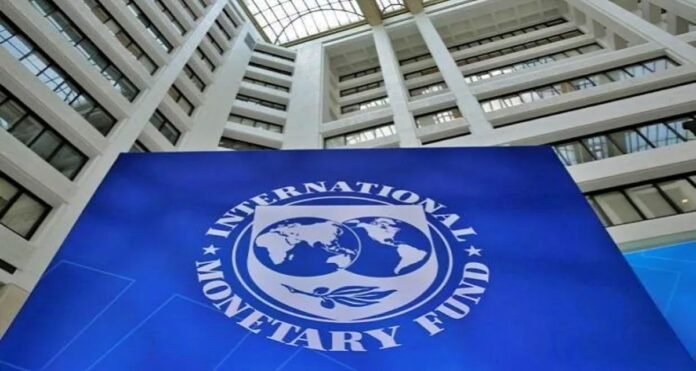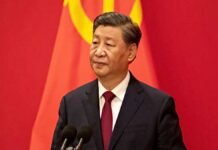
Islamabad: Serious economic crisis continues in Pakistan. Inflation is at its peak in the country. Meanwhile, the International Monetary Fund (IMF) has extended a helping hand to the financially ruined Pakistan. The IMF has agreed to extend the stalled bailout package by one year and increase the loan size to $8 billion, giving relief to the new government led by Prime Minister Shehbaz Sharif.
The Express Tribune quoted sources as saying that the agreement was reached after important talks between Pakistan’s new Finance Minister Miftah Ismail and IMF Deputy Managing Director Antoinette Saih in Washington. The IMF has agreed that the program will be extended by another nine months to one year from the original end of September 2022, while deciding to increase the loan size to $8 billion from the current $6 billion.
The meeting with the IMF team was also attended by Minister of State for Finance Dr Ayesha Ghaus Pasha, outgoing State Bank Governor Dr Reza Bakir, Finance Secretary Hamid Yakub Sheikh and Pakistan’s Executive Director at the World Bank, Naveed Kamran Baloch. Ismail was in Washington to renegotiate the USD 6 billion bailout package stalled by the previous Imran Khan regime.
Let us inform that the then government of Pakistan Tehreek-e-Insaf and IMF had signed a 39-month Extended Fund Facility (July 2019 to September 2022) with a total value of US$ 6 billion. However, the previous government failed to meet its commitments and the program was stalled for most of the time as US$ 3 billion was not paid. According to sources, before taking Pakistan’s case to the IMF board for approval, Pakistan will have to agree on a budget strategy for the next financial year 2022-23.

Sources said the IMF mission will visit Pakistan from May 10 to finalize the extended programme. The IMF team will be led by its new chief of mission, Nathan Porter. The technical staff of Pakistan and the IMF will begin consultations from Monday to see the status of the budget in relation to the “irresponsible” decisions taken by the previous government.
In its latest report on Pakistan, the IMF has predicted an annual growth of 4 per cent against the country’s central bank’s estimate of around 4.8 per cent. On Wednesday, Ismail, in his first press conference as the country’s finance minister, said that the IMF had put forward a list of demands to re-implement the bailout package. These include withdrawing fuel subsidies, scrapping the tax waiver scheme, raising electricity rates and implementing additional taxation measures.
Subsidies on fuel and electricity were implemented a few days before Imran Khan was ousted from power. A rollback would be a daunting task for the present government, especially at a time when consumer inflation in Pakistan stood at 12.7 per cent in the month of March.




















































